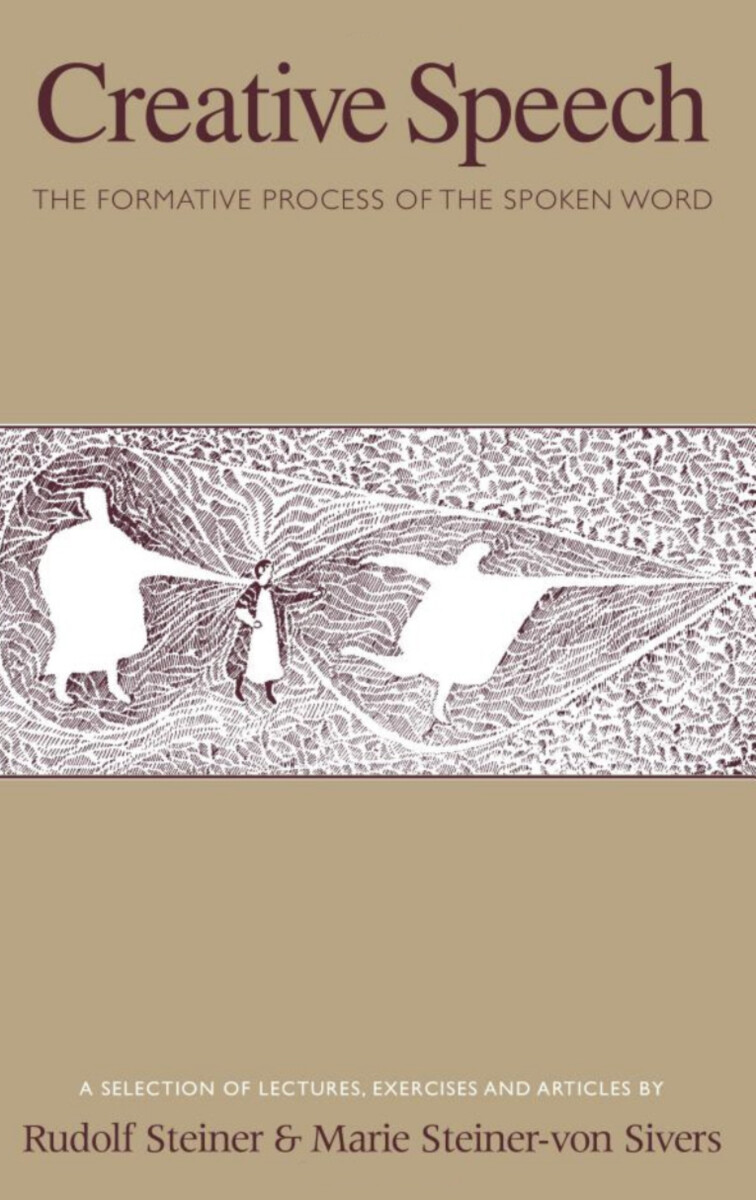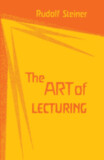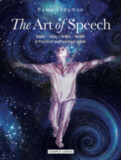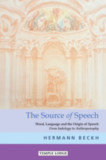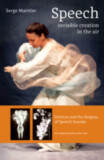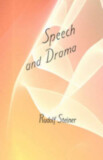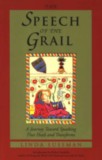Creative Speech
The Formative Process of the Spoken Word (CW 280)
Introduction by Edwin Froböse
Translated by Nancy Hummel, Winifred Budgett and Maisie Jones
- Publisher
Rudolf Steiner Press - Published
2nd January 2014 - ISBN 9781855843868
- Language English
- Pages 240 pp.
- Size 5.5" x 8.5"
A Selection of Lectures, Exercises, and Articles (CW 280)
In this seminal work on a new art of speech, Rudolf Steiner and Marie Steiner-von Sivers demonstrate how words can truly be brought to life. From the authors’ perspective, the sound of speech is merely the result of a much greater process that begins inwardly. In contrast to the belief that speaking is entirely a matter of correct placement in the mouth, Rudolf Steiner advises speakers to concentrate on what takes place before the mechanical production of sound is made in the physical organism.
This book is relevant for actors, teachers, therapists, and anyone wishing to reinvigorate the art of the word. It will be an invaluable friend and guide to improving clarity and restoring beauty to communication.
Creative Speech is a translation from German of Methodik und Wesen der Sprachgestaltung (GA 280).
C O N T E N T S:
Introduction by Edwin Froböse
From The Story of My Life, by Rudolf Steiner
Entry in a Note Book, by Marie Steiner
PART ONE:
Basic Conditions for Anthroposophical Activity (Rudolf Steiner)
Paths to the Artistic Unity of Primal Poetry (Marie Steiner)
Speech Exercises with Explanations (Rudolf Steiner)
Pedagogical Course with The College of Teachers (Rudolf Steiner)
Course on the Art of Speech Formation, parts 1 & 2 (Rudolf Steiner)
From the Course on the Art of Speech (Rudolf Steiner)
Exercises for Sensing Sound (Rudolf Steiner)
Exercise for Stammerers (Rudolf Steiner)
The Art of Recitation (Marie Steiner with additions by Rudolf Steiner)
An Essay—1926 (Marie Steiner)
Aphorism (Marie Steiner)
For the Actors (Marie Steiner)
Exercise for Speaking in the Stream of Breath (Marie Steiner)
From Notes on Stage Direction (Marie Steiner)
Fragmentary Notes (Marie Steiner)
Jottings from Note Books (Marie Steiner)
PART TWO:
Speech and the Spirit of Language (Rudolf Steiner)
Guidelines in the Art of Education for Speech Formation (Rudolf Steiner)
Contributions for a Training School in the Art of Lecturing (Rudolf Steiner)
Introductory Words on Rudolf Steiner as a Speaker (Marie Steiner)
On Speech Defects (Rudolf Steiner)
Aphoristic Remarks on Speech Formation and Dramatic Art (Rudolf Steiner)
Conclusion
Index of German Exercises
Index of English Exercises
Chronological Table
Rudolf Steiner
Rudolf Steiner (b. Rudolf Joseph Lorenz Steiner, 1861–1925) was born in the small village of Kraljevec, Austro-Hungarian Empire (now in Croatia), where he grew up. As a young man, he lived in Weimar and Berlin, where he became a well-published scientific, literary, and philosophical scholar, known especially for his work with Goethe’s scientific writings. Steiner termed his spiritual philosophy anthroposophy, meaning “wisdom of the human being.” As an exceptionally developed seer, he based his work on direct knowledge and perception of spiritual dimensions. He initiated a modern, universal “spiritual science” that is accessible to anyone willing to exercise clear and unbiased thinking. From his spiritual investigations, Steiner provided suggestions for the renewal of numerous activities, including education (general and for special needs), agriculture, medicine, economics, architecture, science, philosophy, Christianity, and the arts. There are currently thousands of schools, clinics, farms, and initiatives in other fields that involve practical work based on the principles Steiner developed. His many published works feature his research into the spiritual nature of human beings, the evolution of the world and humanity, and methods for personal development. He wrote some thirty books and delivered more than six thousand lectures throughout much of Europe. In 1924, Steiner founded the General Anthroposophical Society, which today has branches around the world.
Marie Steiner-von Sivers
Marie Steiner-von Sivers (1867–1948) was born in Wlotzlawek, in Russian Poland and grew up in St. Petersburg. She trained as an actor, but left the stage when she met Theosophy through Edouard Schuré, whose works she translated. In 1900, she met Rudolf Steiner, whom she later married and worked alongside in the development of Anthroposophy. She died in Beatenberg, Switzerland.


